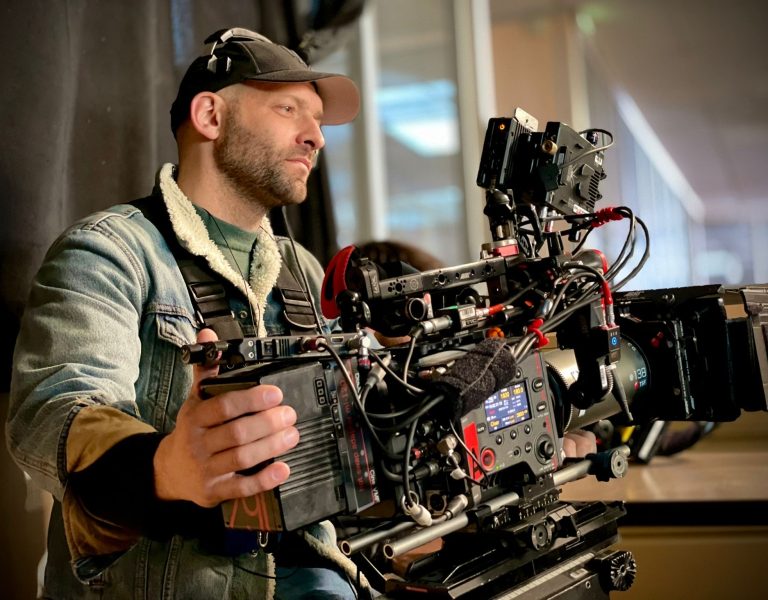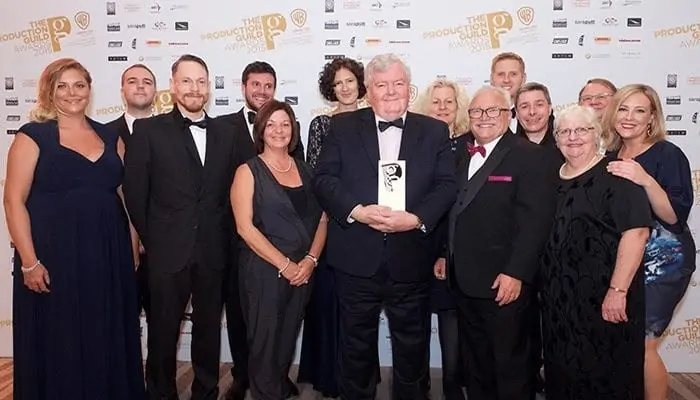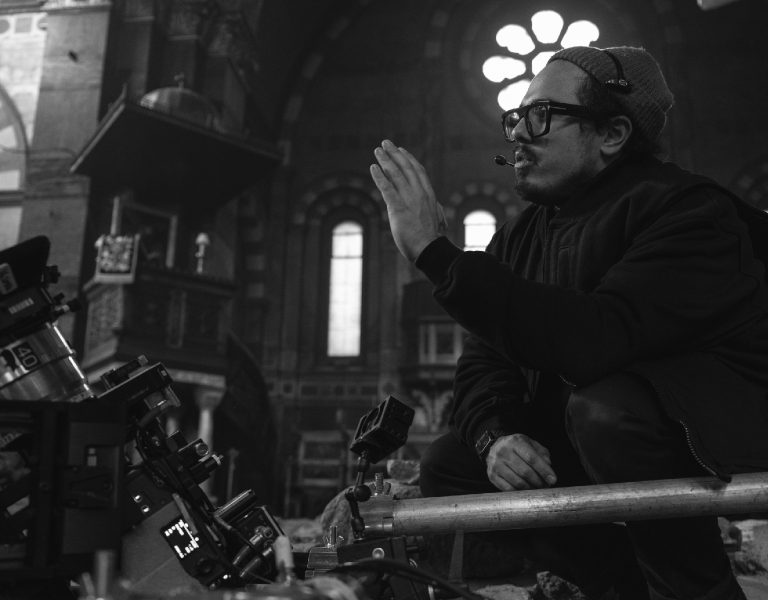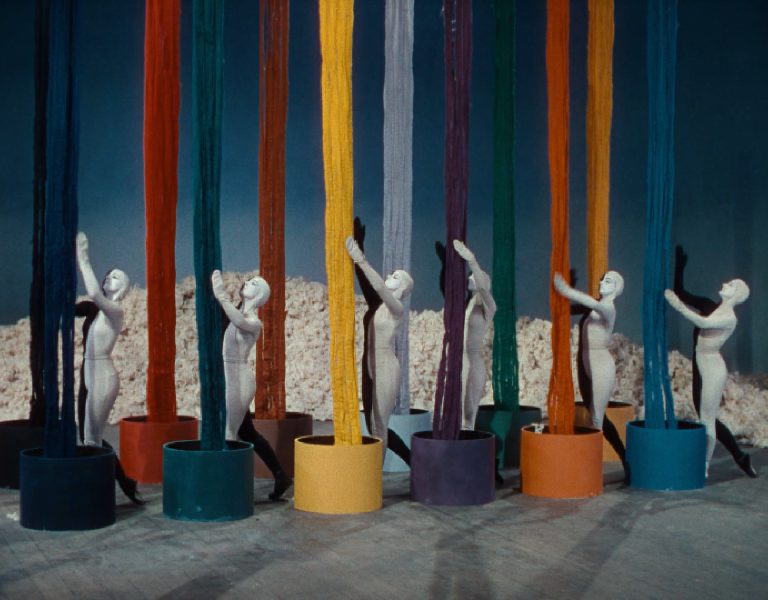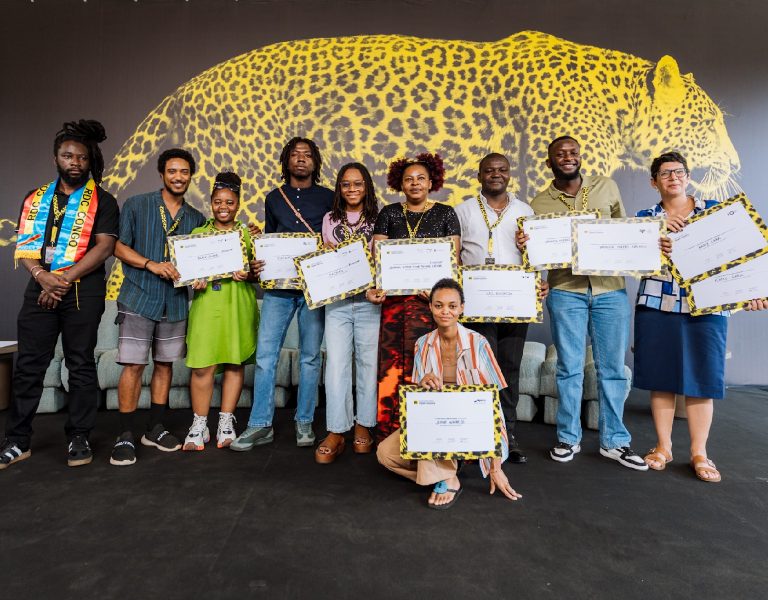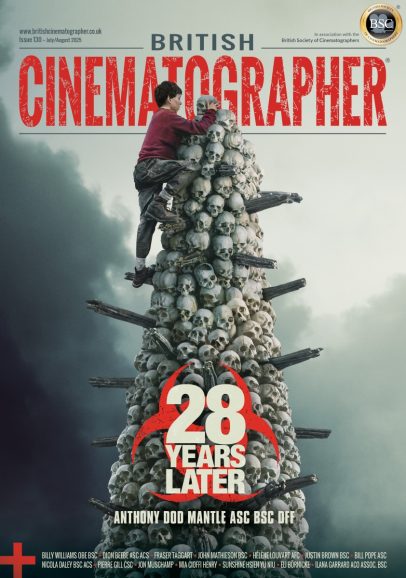Sandstorm champions upcoming writers with full production screenwriting competition
Jun 5, 2024
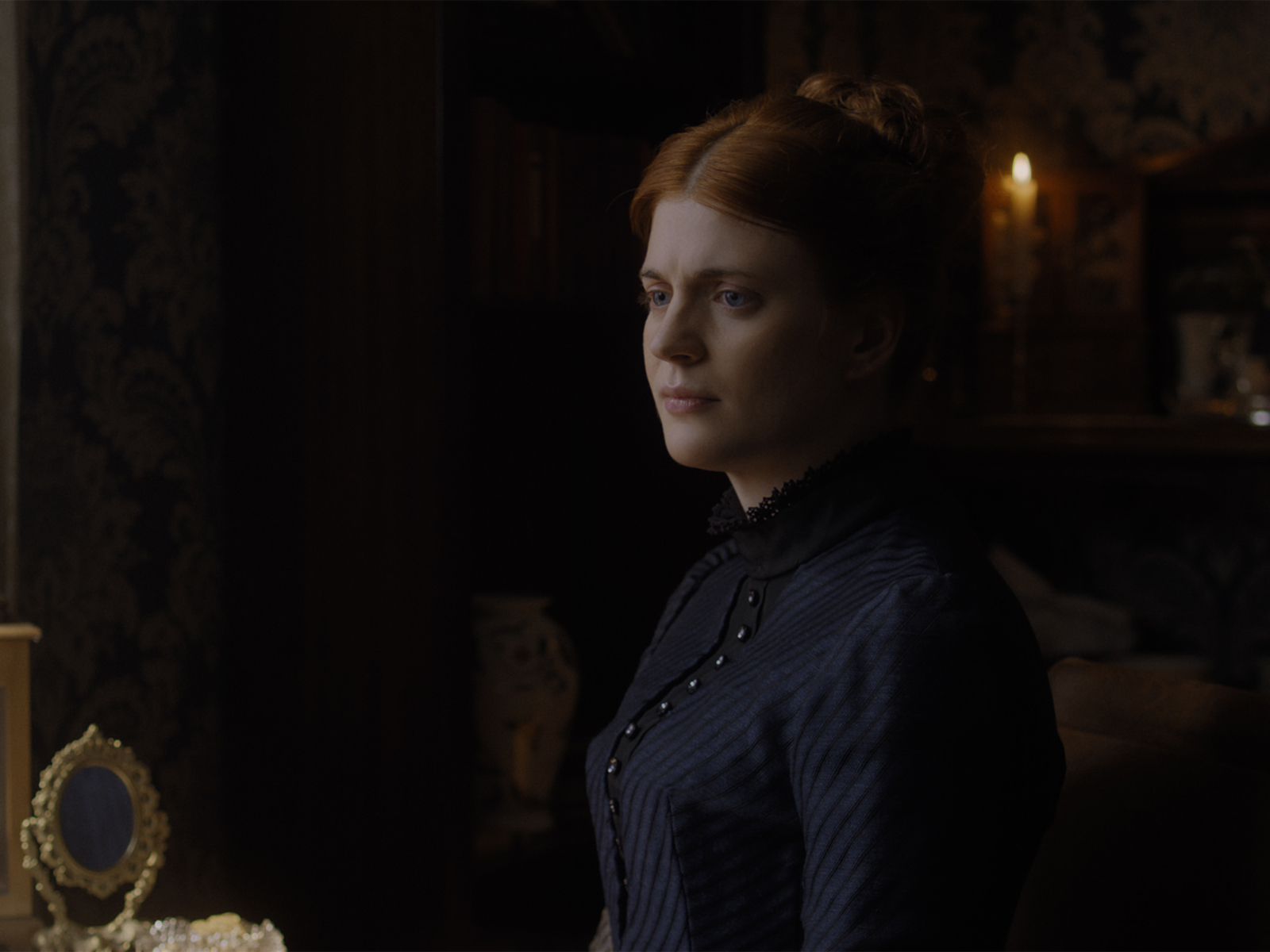
Sandstorm is a film production company based on the edge of the picturesque Cotswolds, that recently ran the first round of their screenwriting competition, Sandstorm Slates. Their aim? To find a compelling story from an undiscovered writer to create their first full narrative production, entirely produced by Sandstorm at Sandstorm.
“When we came up with the idea of Sandstorm Slates it was to try and take the success we’d had with our Lockdown series of films which took us away from solely producing traditional advertising and more toward the world of narrative. What we felt we needed with this new opportunity was a fresh idea to go with it.” Tom Ward, Executive Producer and Founder of Sandstorm explains.
Sandstorm’s ethos is focused on promoting a fantastic and collaborative work environment with positive mental health and wellbeing benefits too. They accomplish this with impressive top-of-the-line studios, cutting-edge equipment, skilled in-house crew, gourmet caterers, sauna and treatment rooms and comprehensive post-production capabilities all on one site, just off the M4 motorway. So, when the time came to design their competition, these are the values that it needed to reflect.
The future is story-led. In a climate oversaturated with content, it’s easy for the soul of a project to get lost in gloss and algorithms. Recognising this, Sandstorm launched a competition like no other that was open to any writer globally and free to enter. The winning script was brought to life through Sandstorm’s unique ability to provide complete end-to-end production with the writer getting paid and also retaining the rights to their work upon project completion.
After blind reading two hundred and fifty scripts, Strike was selected as the winner. A Gothic drama with a ghostly twist, set against the Matchgirl Strikes of 1888, the film explores friendship and the toxicity that can be hidden behind the guise of love.
Hendrik Harms, winner of the inaugural screenwriting competition, details the experience of seeing his script come to life. “This was an incredibly ambitious script for Sandstorm to take on for their first slate, with its period setting and need for strong visual effects, but I am so glad they did. The Matchgirl strikes are a relatively undocumented topic in film but it is a time period that is so relevant to now as we still battle for better working conditions and campaign for equality. Strike takes us back to 1888 to show how far we’ve come by standing still.”
After being announced as the winner, Hendrik sat down with Sandstorm’s team, led by their in-house director Mark Patterson, and work began on the extensive pre-production. “This is the first time I’ve solely been a writer on a film, so after finding out I’d won, my part was effectively over. However, Sandstorm were very keen to include me throughout the production process and invited me on set for the whole shoot.”
Strike was shot over five days on a set built within Sandstorm’s film studios – they utilised everything in their arsenal to bring Hollywood to the Cotswolds. They made the decision to capture as much in camera as possible focussing on aspects like their robust art department and the UK’s only TechnoDolly repeatable camera cranes, which all bolstered their already stellar post team who were responsible for the full edit, grade, audio and cinema mix as well as extensive high-end visual effects.
“I was completely floored by the operation, this wasn’t just a studio, this was an experience. And experience matters. What they crafted is a poignant British short film with all the Hollywood trimmings.” Hendrik said.
Tom concludes – “Strike took us a step further than we’d imagined, a film that shows off everything you can do at Sandstorm. As narrative becomes ever more popular with viewers and demand from studios to produce high-quality content for less money, this puts us in an incredible position. We feel it sets us in the right direction for the future of our business and the film industry as a whole.”
With post-production complete, Strike now begins its festival journey just as the blind reading for the second round of Slates also commences.






